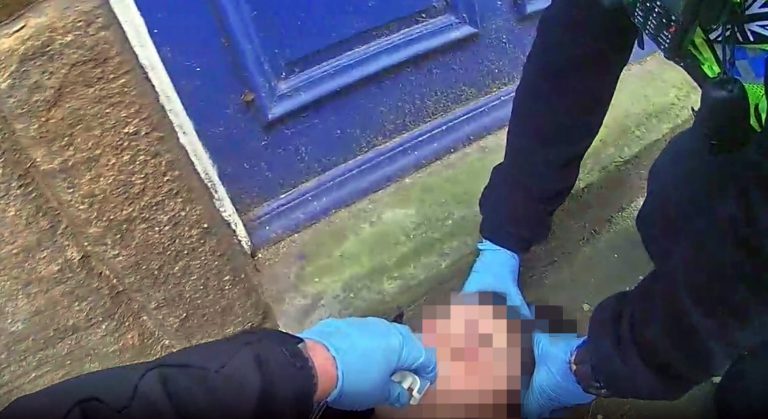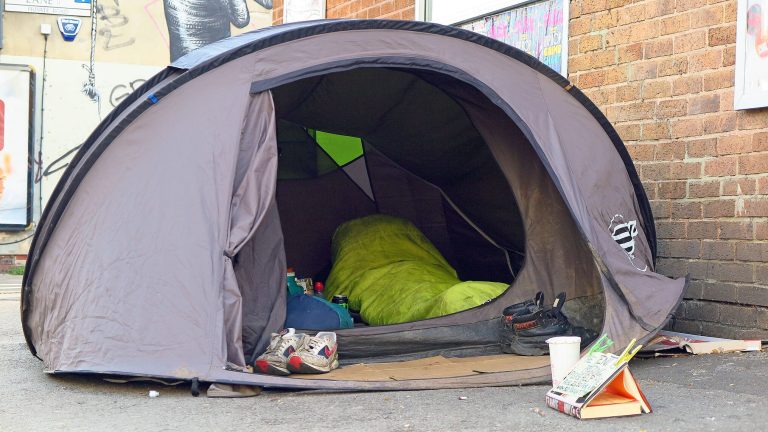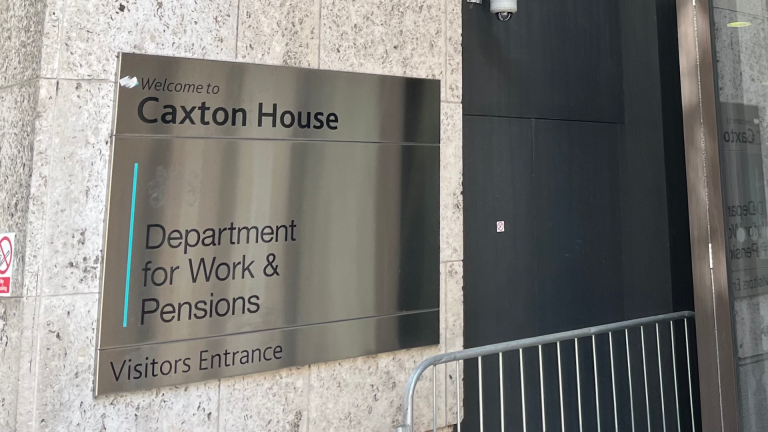How do I know if I am eligible to receive 30 hours of free childcare per week?
Firstly, the number of hours per week of free childcare you can get depends on the age of your child. Children aged three to four years old can get 30 hours free childcare.
This totals up to 1,140 hours per year, that you can use flexibly with one or more childcare providers.
You will not be eligible if your child does not usually live with you.
If you foster your child, you cannot use the online application to get free childcare. If you speak to your social worker or your local authority, they may be able to help you to apply.
You must also be working to qualify – unless you are on sick leave or annual leave, or on shared on shared parental, maternity, paternity or adoption leave. If you’re on adoption leave for a child aged two to four years old, you must return to work within 31 days of the date you first apply for free childcare for that child. You can apply if you’re starting or re-starting work within the next 31 days.
If you live with a partner, you both need to be in paid work, unless your partner is not able to look after your children.
Advertising helps fund Big Issue’s mission to end poverty
This means you can claim childcare costs if your partner has a health condition or disability which means they have limited capability for work or limited capability for work-related activity.
You are only eligible if, over the next three months, you and your partner (if you have one) each expect to earn at least £2,167 if you’re aged 23 or over, £2,117 if you’re aged 21 or 22, £1,557 if you’re aged 18 to 20 or £1,098 if you’re under 18 or an apprentice.
This is the national minimum wage or living wage for 16 hours a week on average.
Children whose parents earn less than £8,650 each per year are not eligible for the scheme.
You can use an average of how much you expect to earn over the current tax year if you work throughout the year but do not get paid regularly or you’re self-employed and do not expect to earn enough in the next three months.
If your child is two years old, you will soon be able to get 15 hours free childcare.
Advertising helps fund Big Issue’s mission to end poverty
How is the free childcare scheme being expanded to more children?
As it stands, this is only available for children aged two to three years.
However, from the spring of 2024, the free childcare scheme will be gradually extended to younger children, starting with two-year-olds . You can start applying for this from January 2024.
In September 2024, the government plans to allow eligible working parents to claim 15 hours of free childcare per week for their children from the age of nine months until they start school.
In September 2025, this will be increased to 30 hours of free childcare per week for their children from the age of nine months until they start school.
Is free childcare based on my immigration status?
You will only qualify for free childcare if you have a national insurance number.
Along with this, you must have either British or Irish citizenship, settled or pre-settled status, or you have applied and are waiting for a decision. You also can qualify if you have permission to access public funds – your UK residence card will tell you whether you can do this. Your partner (if you have one) must also have a national insurance number.
Advertising helps fund Big Issue’s mission to end poverty
What childcare costs do the 30 hours of free childcare cover?
To get 30 hours of free childcare per week, your provider must be registered with Ofsted.
This includes registered childminders, nurseries, nannies, after-school clubs and playschemes, schools or home careworkers working for a home care agency. This also includes holiday clubs, after-school clubs and breakfast clubs.
You may have to pay for extra costs like meals, nappies or trips.
Do I get 30 hours every week for the whole year?
No, the 30 hours will only apply during the school term. This means the scheme runs for 30 hours free per week for the 38 weeks of the school term per year – not 52 weeks of the year.
In total, this should mean you can claim 1,140 free hours across the year or approximately 22 free hours per week across 52 weeks.
Can I ask my childcare provider to spread the hours across the entire year?
You are entitled to stretch the free childcare over the whole year, but this will change the number of hours you receive per week.
Advertising helps fund Big Issue’s mission to end poverty
The total number of hours you can claim is 1,140, so if you spread that across the entire year, it would be closer to 21 hours of free childcare per week.
It is also at the discretion of your provider to offer this to you or not.
How do I apply for my 30 hours of free childcare?
If you meet all of the eligibility requirements, you can apply for 30 hours of free childcare here.
It takes 20 minutes, and you will need to provide your national insurance number, unique taxpayer reference (UTR), if you’re self-employed, the UK birth certificate reference number (if you have one) of any children you’re applying for and the date you started or are due to start work (this can be approximate if more than three months ago).
You may find out immediately if you are eligible, but it can take up to seven days.
Once your application has been approved, you’ll get a code for free childcare to give to your childcare provider.
Advertising helps fund Big Issue’s mission to end poverty
You must reconfirm your details are up to date every three months, and you will be given timely reminders to do so.
If you apply more than 3 months before the term starts, you’ll have to reconfirm your eligibility in your account to keep your code valid.
When should I apply for my 30 hours of free childcare?
You can apply from when your child is one year and 36 weeks for 15 hours of free childcare. When your child is two years and 36 weeks, you can apply for 30 hours of free childcare.
If your child’s birthday is between 1st September and 31st December, they can begin their term from 1st of January. It is recommended you apply in advance of this date – between the 15th of October and the 30th of November.
If your child is born between the 1st of January and the 31st of March, they will begin their term on or after April 1st. You should apply in advance – sometime between the 15th of January and the 28th of February.
If their birthday falls between the 1st of April and the 31st of August, they will begin their term on or after September 1st. Try to apply early, preferably between the 15th of June and the 31st of July.
Advertising helps fund Big Issue’s mission to end poverty
You can still apply outside of these recommended dates but you might not receive your code in time. You must have a valid code by the end of the month before a new term starts.
Check with your childcare provider to find out the exact date your free childcare starts.
Can you still get 30 hours of free childcare if you are on universal credit?
Yes, you can get 30 hours of free childcare at the same time as claiming universal credit. But you have to be earning at least £8,650 per year.
Find out more about getting help for childcare if you’re on universal credit here.
What other help is available?
A great hub for finding out about affordable childcare options in your area is to visit your local council’s website. Council activity groups are quite often free or cheap. Local councils may offer discounts if your child attends for a full week or subsidies for low-income families.
They may also run holiday activities and food programmes to support low-income families when the children are on school holidays. This provides “healthy food and enriching activities” to children who are eligible for free school meals.
Advertising helps fund Big Issue’s mission to end poverty
You may also be eligible for help with childcare if you receive universal credit. Through this claimants can receive up to 85% of childcare costs back, and now some eligible parents can claim their payments upfront – meaning they will not have to wait to have their costs repaid.
Parents of children under 17 receive up to £951 per month for one child or up to £1,630 per month for two or more children.
You can also apply for tax-free childcare, but if someone else already gets free childcare for that child, their 15 or 30 hours will stop at the end of the next term. You then will be eligible for 15 or 30 hours of free childcare instead.
Find out more about free childcare schemes, tax-free childcare and universal credit through the Childcare Choices website.










